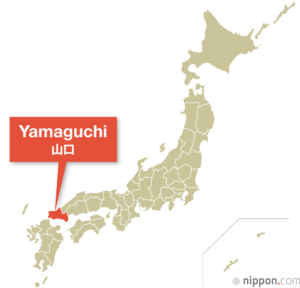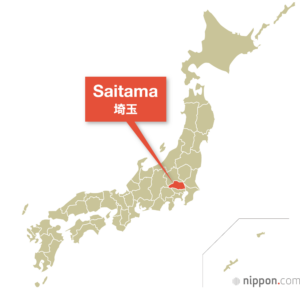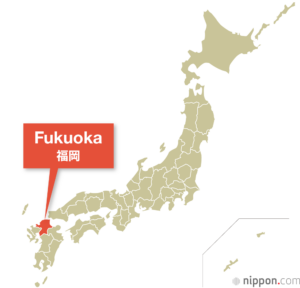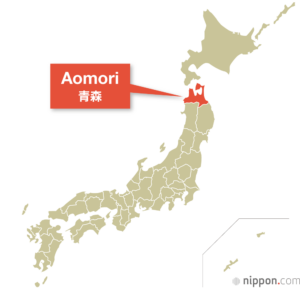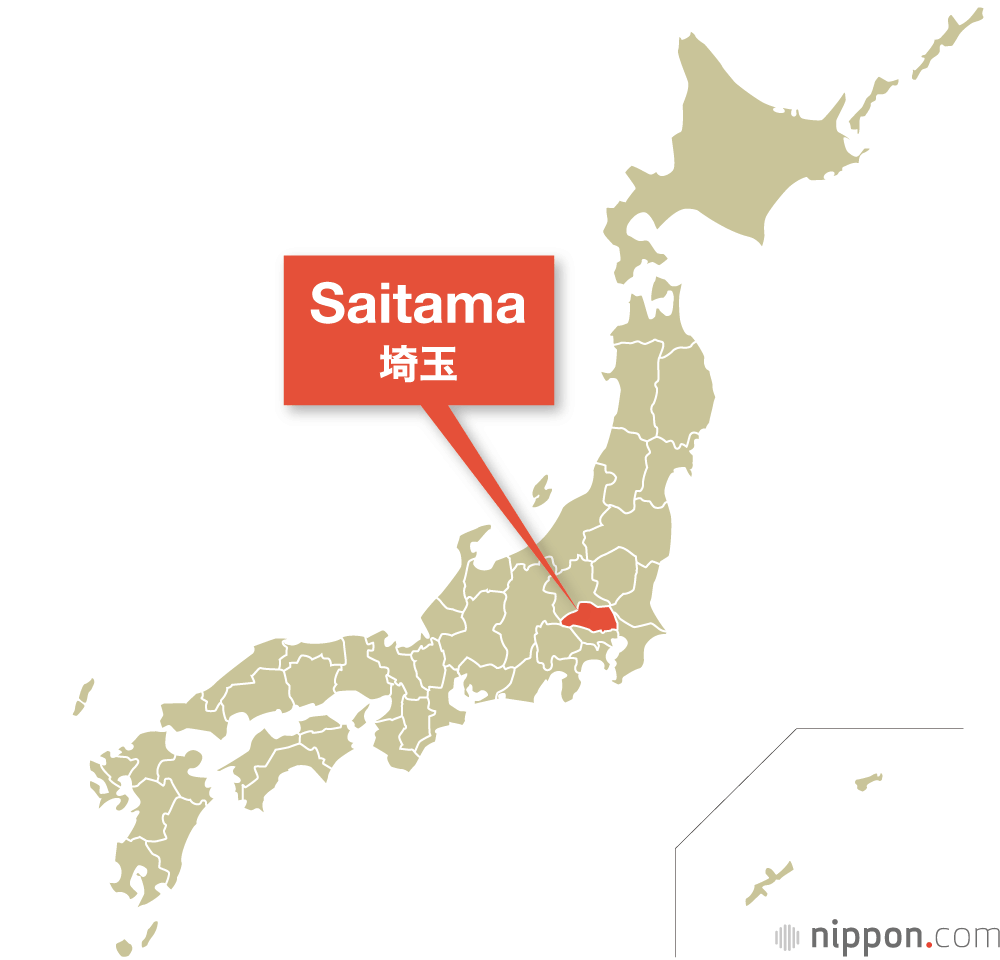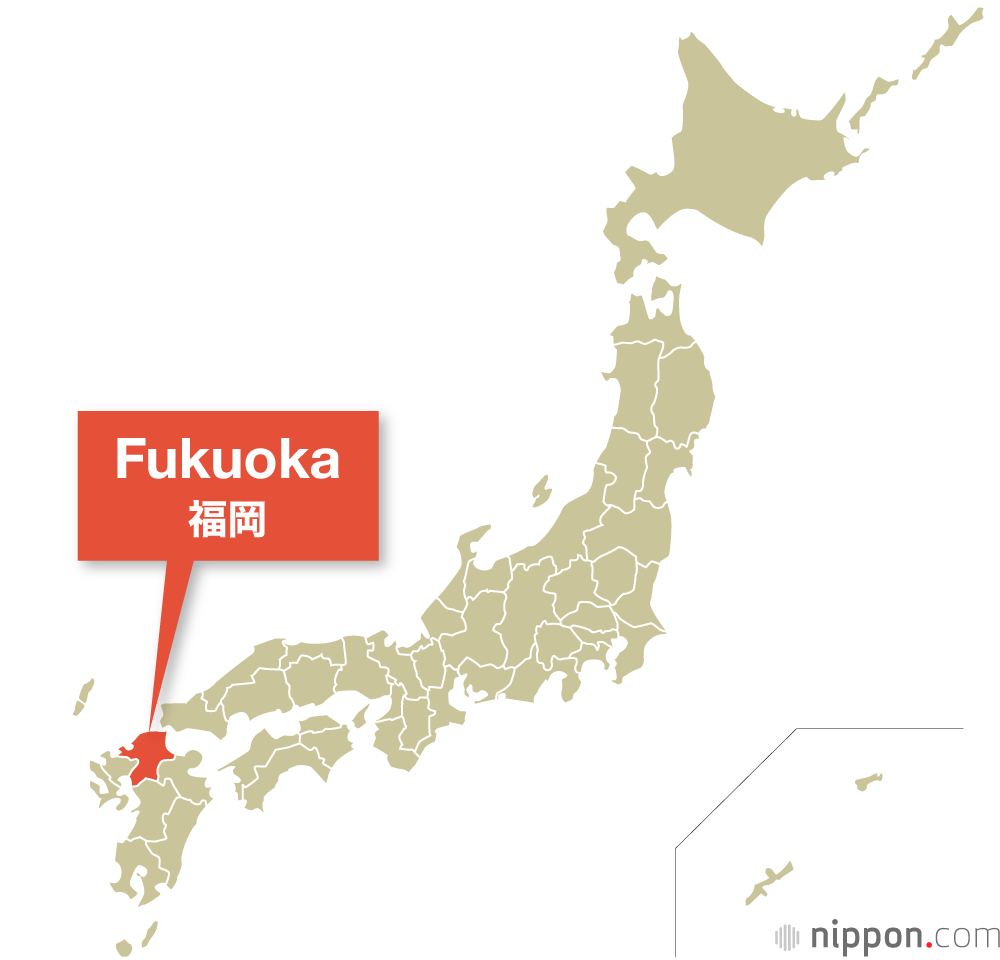Fukushima Prefecture
Banzai Japan
Idol Group
Visit there
Website
Fukushima Prefecture, Japan’s third largest by area, lies some 200 kilometers north of Tokyo on Japan’s main island of Honshū.
Fukushima is the southernmost prefecture in Japan’s Tōhoku region.
From Aizuwakamatsu, its historic castle town in the western Aizu area, to the Hamadōri area on the Pacific coast, this expansive prefecture has much to offer to visitors.
Fukushima Prefecture at a Glance
- Established in 1876 (formerly part of Mutsu province)
- Capital: Fukushima
- Population: 1,833,000 (as of Oct. 2020)
- Area: 13,784 km2
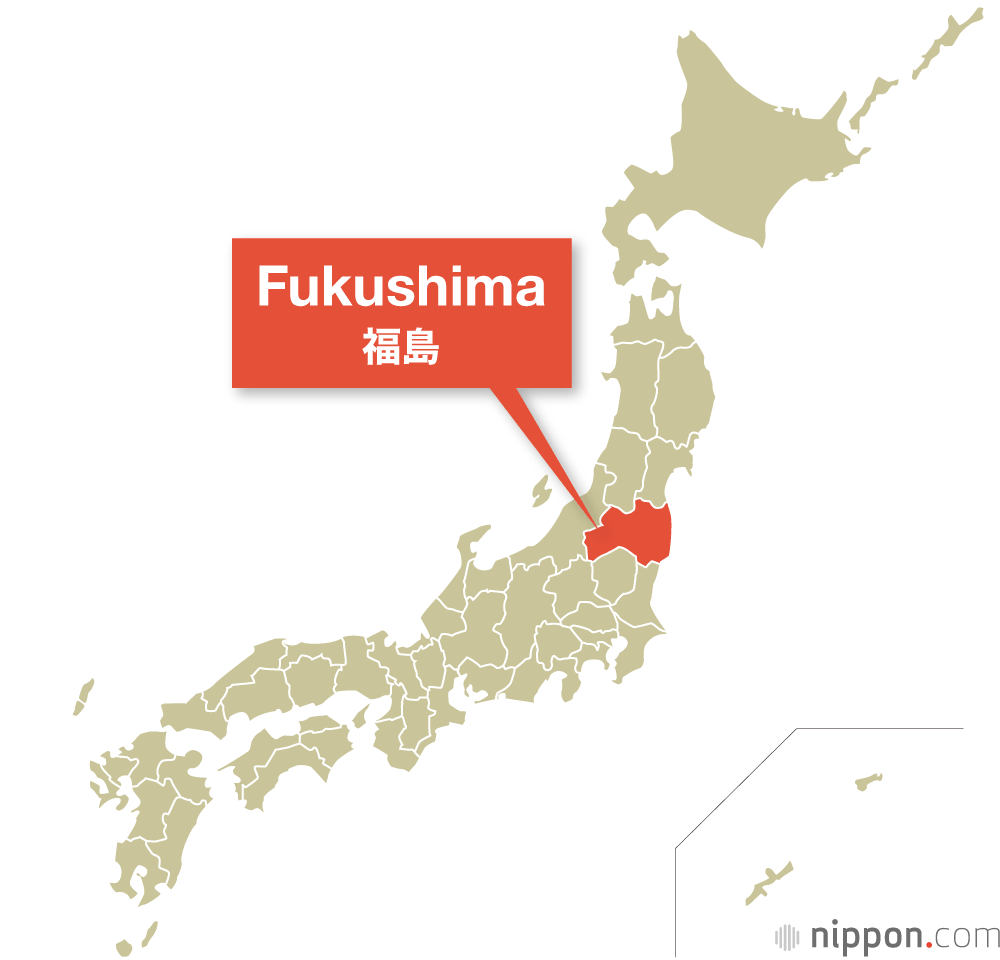
Fukushima is the third largest prefecture in Japan and the second largest in Tōhoku, behind Iwate.
Spanning much of the width of the island of Honshū, from its border with Niigata Prefecture in the west to the Pacific Ocean in the east, Fukushima boasts a range of terrain and climatic conditions, from the mountain wilderness in its far western area of Aizu to the warmer coastal Hamadōri area in the east, with the Nakadōri area between them.
To the north of Fukushima are Miyagi and Yamagata Prefectures; to the south, it borders Gunma, Tochigi, and Ibaraki.
Hiuchigatake, at 2,356 meters the highest peak in the prefecture, stands in Oze National Park, which straddles the borders with Gunma, Tochigi, and Niigata. More famous, though, is the 1,816-meter Mount Bandai, north of Lake Inawashiro in the center of the prefecture.
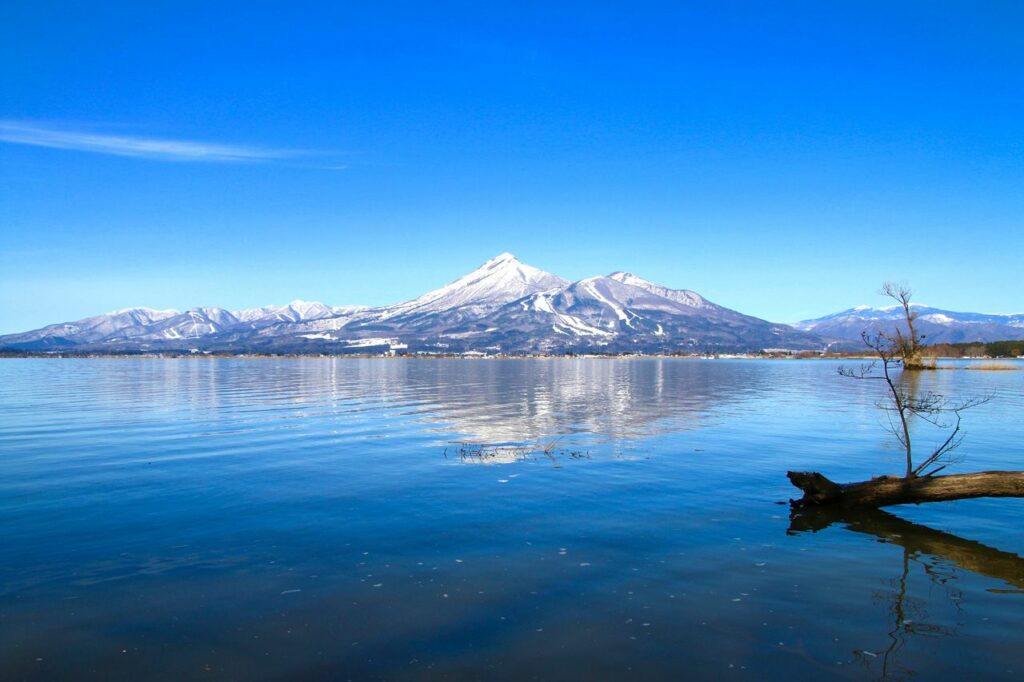
Fukushima Prefecture has a thoroughly modernized economy, with chemicals, IT equipment, and transportation machinery topping its list of manufacturing industries.
The prefecture’s broad plains and rich forestry resources have also made it a powerhouse in production of crops like peaches, for which it ranks second in Japan, and rice, sixth.
The March 11, 2011, Great East Japan Earthquake dealt Fukushima a triple blow, with the quake damage followed by the massive tsunami and then the meltdowns at Fukushima Daiichi Nuclear Power Station on the prefecture’s northern coast.
Parts of a number of municipalities near the station remain closed to habitation indefinitely due to radiation concerns, and work to dismantle and safely dispose of the damaged reactors and containment buildings is expected to continue for decades.
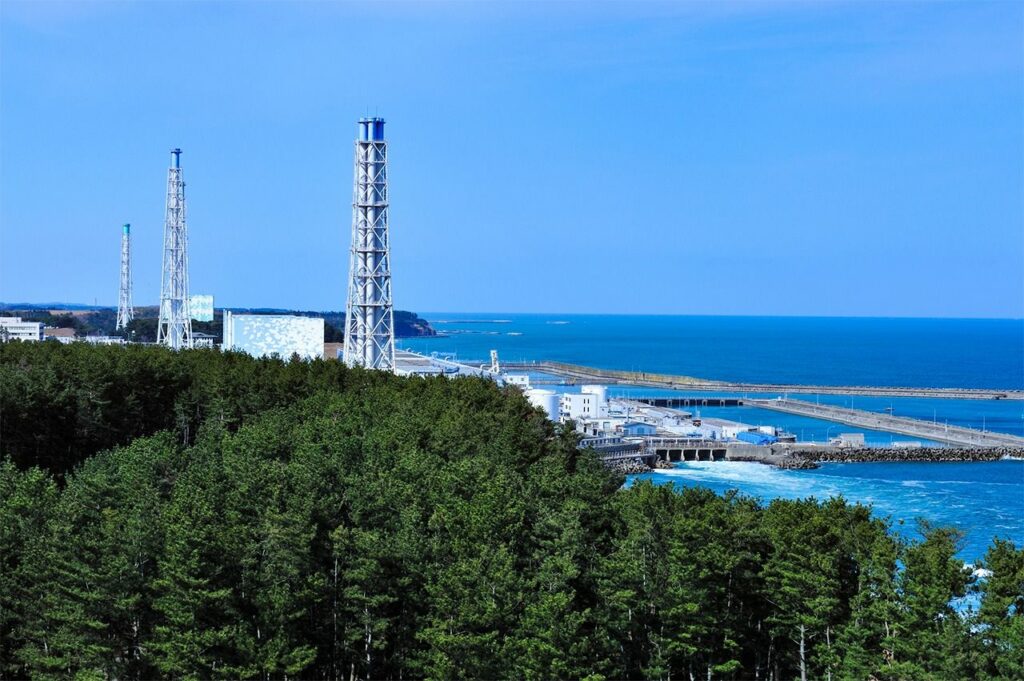
Also receiving a major blow was Fukushima’s fisheries industry.
Nationwide and international concerns about radiation leaking into the sea have caused consumers to avoid Fukushima’s seafood, despite stringent safety checks.
The prefectural fishing industry’s output remains less than half of what it was in 2010, before the disaster.
Tourism remains an area where Fukushima is counting on growth.
Ski areas around Mount Bandai, hot springs along the coast and in the mountainous areas, the castle Tsurugajō and other historical attractions in the western city of Aizuwakamatsu, and the surprising presence of Spa Resort Hawaiians, a Pacific-island-themed hotel complex in the city of Iwaki, all bring people to visit.
Located just a couple hours north from Tokyo via Shinkansen, Fukushima also hosts annual festivals like the Sōma Nomaoi, a horse-riding event with a millennium of history.
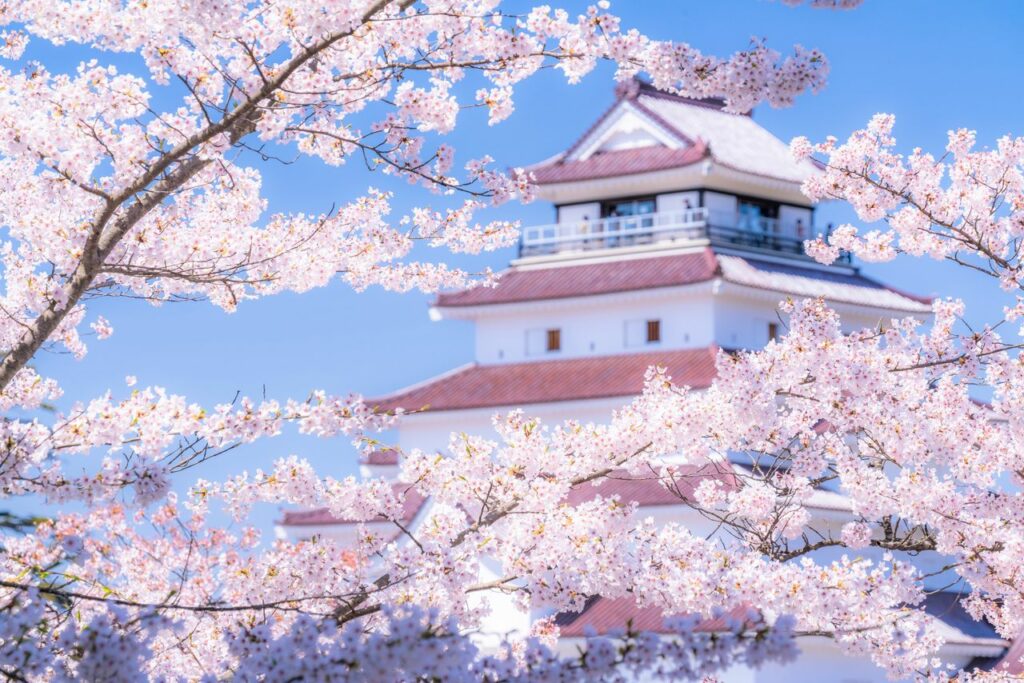
The prefecture now uses a mascot called Kibitan, based on the kibitaki (narcissus flycatcher), to symbolize the recovery from the 3/11 disaster.
Famous Figures
- Noguchi Hideyo (1876–1928): Bacteriologist. Despite badly burning one hand in an accident as a toddler, he persevered and became a celebrated medical researcher, doing work in the United States, Europe, South America, and Africa and helping to identify the causes of diseases like syphilis and yellow fever. Felled by illness in Ghana during a research trip, he remains a heroic figure to this day, and is featured on the ¥1,000 note.
- Tsuburaya Eiji (1901–70): Filmmaker. Known as the “father of tokusatsu” practical special effects, he was a creator of the Godzilla and Ultraman film franchises, and worked on some 250 movies during his prolific and influential career.
- Nishida Toshiyuki (1947–): Actor. Most famous in Japan for starring in the long-running Tsuribaka nisshi fishing-themed film series, he has won two Japanese Academy Awards for best actor.


